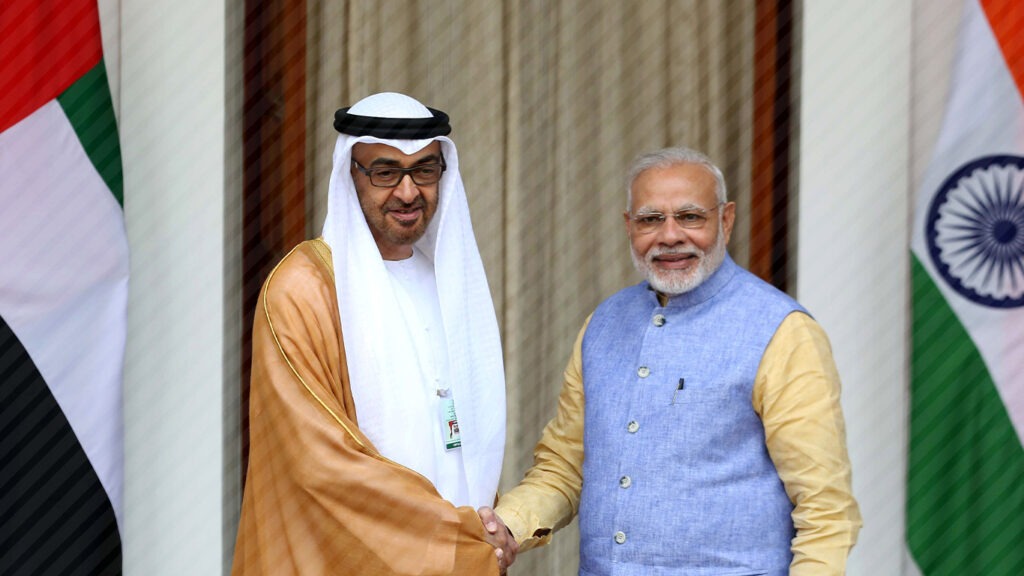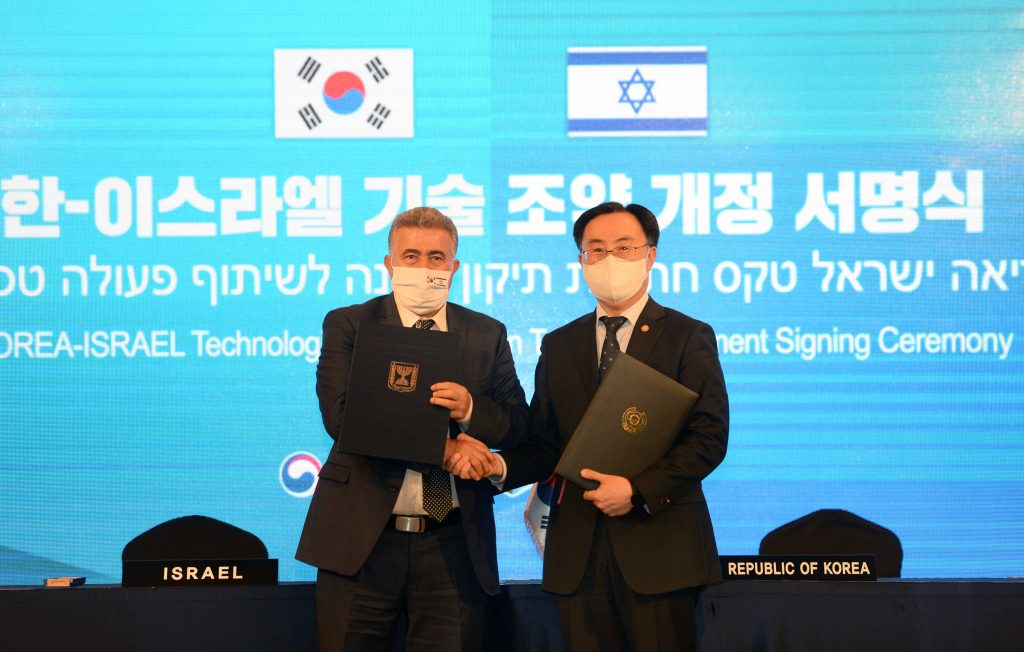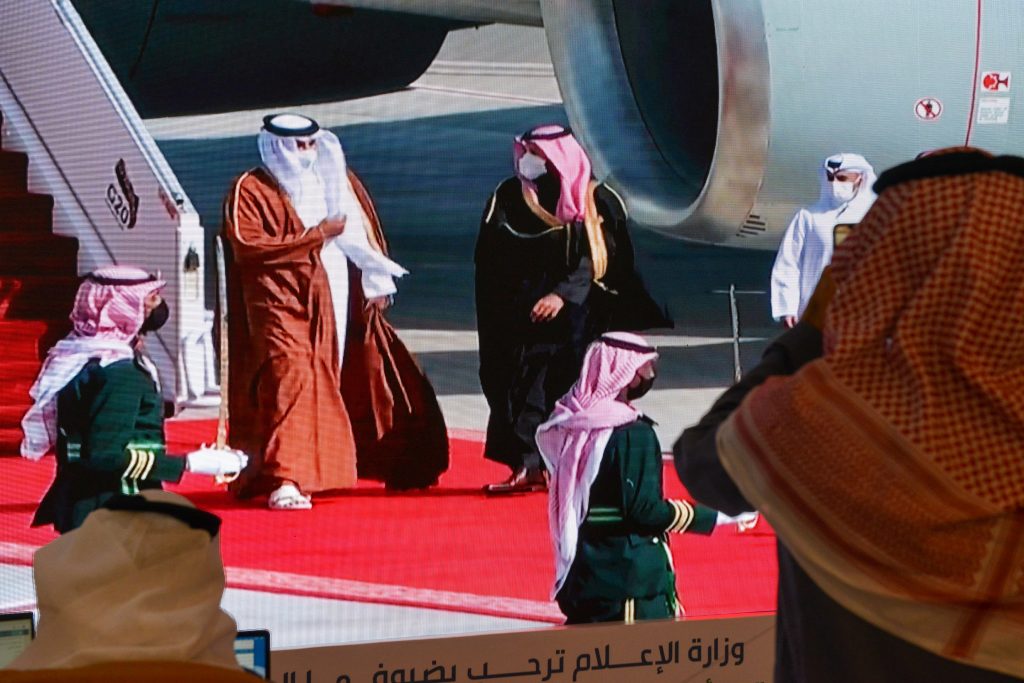Climate change is emerging as a potent threat to global peace and security. The intensifying impacts of climate change, including rising temperatures, shifts in precipitation, rising sea levels, ocean warming, and more frequent and intense extreme weather events — not only aggravate existing vulnerabilities such as food, water, and livelihood insecurity, but can lead to heightened competition over diminishing natural resources, widespread displacement, increased tensions, and conflict.
Understanding climate-induced security challenges is crucial, particularly for countries most exposed to climate change impacts, such as those in South-east Asia and the Middle East. Real-world examples highlight the consequences of climate-induced security challenges in both regions. For instance, a 2016 study on the Philippines revealed that precipitation shocks, such as droughts, floods, and storms, coincided with significant escalations of violence during ongoing insurgencies between 2001 and 2007. Similarly, in Indonesia, reductions in rice yields due to increased temperatures were linked to future upticks in violent conflict, based on data from 1993 to 2003. In the Middle East, a notable example is the drought-induced spike in food prices in Tunisia in 2011, which sparked the Arab Spring. The Syrian civil war also grew out of an extended drought that affected wheat and cotton production, leading to social unrest.
While science has been unequivocal about the physical impacts of climate change, studies of its link to security risks have not been consistent, and some argue that scientific evidence to support this link is lacking. Regardless, climate-security discourse among policymakers emerged in the mid-2000s. The United Kingdom initiated the first debate linking climate change and international peace and security at the UN Security Council in 2007, and Germany proposed a second one in 2011.[1] In March 2023, the UAE, along with Malta, Mozambique, and Switzerland, announced a series of pledges to advance a systemic, responsive, and evidence-based approach to Climate, Peace and Security at the United Nations Security Council[2]. The 28th UN Climate Change Conference (COP 28), hosted by the UAE in December 2023, issued a declaration on Climate, Relief, Recovery and Peace[3].
This Insight series examines the link between climate change and security challenges. It aims to provide evidence-based perspectives on climate-induced security risks in both Southeast Asia, and the Middle East. By improving understanding of climate-induced security risks, the study aims to generate insights that support crafting strategies to mitigate such risks.
The Middle East Institute at the National University of Singapore is calling for contributions (2,500-3,000 words) for this upcoming Insights volume. We welcome evidence-based perspectives and case studies that address the following questions and themes:

Photo: A picture taken during a sandstorm on March 12, 2020 shows the a view of the Avenue of the Sphinxes, connecting between the Luxor Temple and the Karnak Temple complex in Egypt’s southern city of Luxor. / AFP / Khaled Desouki
– How can the physical impacts of climate change lead to conflicts, perhaps even armed ones?
– Under what circumstances can climate change lead to migration and displacement?
– What are the tipping points for climate-induced societal instability?
– How can key climatic factors induce transnational security challenges?
– What are the best practices and strategies to prevent or mitigate climate-induced security risks?
– How are global and regional organisations preparing to address climate-induced security challenges?
Interested contributors should submit proposals of not more than 250 words to the series editor, Dr Aisha Al-Sarihi, at: meiasa@nus.edu.sg. The proposal should outline clearly the main arguments, study objectives, and structure. The deadline for submissions is 15 August 2024.
End Notes
[1] Lina Gong. 2022. IP22051 | Climate Security in the Asia-Pacific and Its Relevance for Singapore. Commentary. RSiS, S. Rajaratnam School of International Studies. Nanyang Technological University, Singapore.
[2] Statement of Joint Pledges Related to Climate, Peace and Security: https://uaeun.org/app/uploads/2023/03/CPS-Joint-Pledges.pdf
[3] COP 28 Declaration on Climate, Relief, Recovery and Peace: https://www.cop28.com/en/cop28-declaration-on-climate-relief-recovery-and-peace




